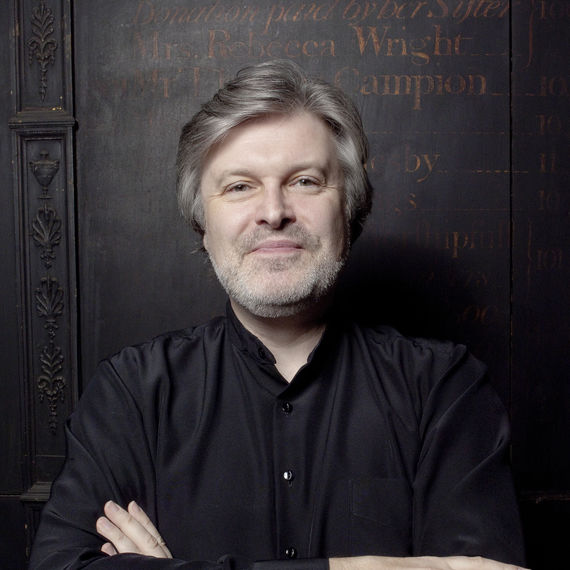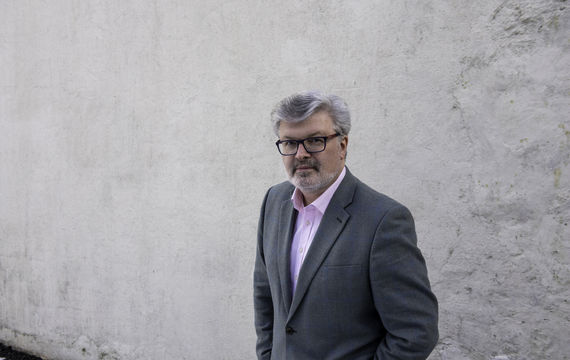The start
In his book A Scots Song: A Life of Music, written to mark his sixtieth birthday, MacMillan recounts how it all began. As a small boy, he was taken by his grandfather to the rehearsals of the local brass band and church choir. There he first encountered sacred chants, and his grandfather encouraged him to play the cornet and the organ. It was in those moments that the seeds were sown for his love of liturgical music and for his enduring social engagement.
Musical roots
MacMillan’s musical language is rooted in Scottish and Celtic traditions and shaped by the influences of his Catholic faith, the sacred legacy of Palestrina and Bach, and echoes of Scandinavian and Eastern European music. His catalogue embraces symphonies and concertos, several operas, and an abundant choral output. Running like a thread throughout this repertoire are themes of faith and spirituality:
‘It has never been about fame for me, but about depth—that has always been the case. Whether sacred or secular, music is a spiritual art form that opens doors to the ineffable, to what some would call the divine.’
international breakthrough
His international breakthrough came with the performance of The Confession of Isabel Gowdie at the 1990 BBC Proms. This symphonic requiem recounts the true story of a Scottish woman condemned to death for witchcraft in 1662. Broadcast live on radio and television, the premiere created a sensation, and commissions soon followed. Among them were his first percussion concerto Veni, Veni, Emmanuel for Evelyn Glennie, a Cello Concerto commissioned by Mstislav Rostropovich, and a Stabat Mater for The Sixteen. In 2009, commissioned by Amuz, he composed a contemporary counterpart to one of the most iconic works in the liturgical choral repertoire: Gregorio Allegri’s Miserere. Another striking work is A Scotch Bestiary, written for the inauguration of the new organ at the Walt Disney Concert Hall in Los Angeles. In 2022, MacMillan followed in the footsteps of composers such as Henry Purcell and Thomas Morley with Who Shall Separate Us?, written for the state funeral of Queen Elizabeth II.
Composer & conductor
MacMillan is not only a composer but also a sought-after conductor, appearing with ensembles worldwide from the BBC Scottish Symphony Orchestra to the Los Angeles Philharmonic. From 2000 to 2009 he served as composer-in-residence and principal guest conductor with the BBC Philharmonic. In 2019 he travelled to Belgium for a special concert series with the Flemish Radio Choir featuring his own Seven Angels, and in 2025 he will return to conduct the choir again in two programmes devoted to his music and that of Arvo Pärt.
Sir MacMillan
Sinds 2015 mag MacMillan de titel Sir aan zijn naam toevoegen, na zijn opname in de Queen’s Birthday Honours List. Het was niet zijn eerste bezoek aan Buckingham Palace: al in 2004 werd hij er benoemd tot Commander of the Order of the British Empire. Ook later volgden nog enkele mooie erkenningen voor zijn werk: in 2019 rangschikte The Guardian zijn Stabat Mater als 23e op de lijst van grootste muzikale werken van de 21e eeuw, en in 2024 werd hij als 26e componist ooit benoemd tot Fellow van The Ivors Academy.


